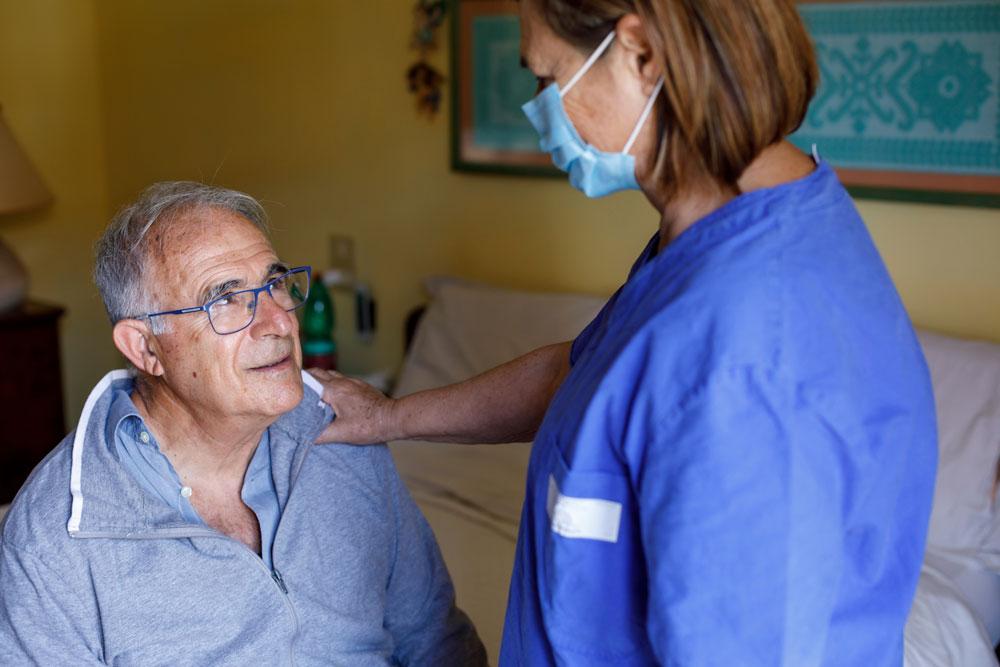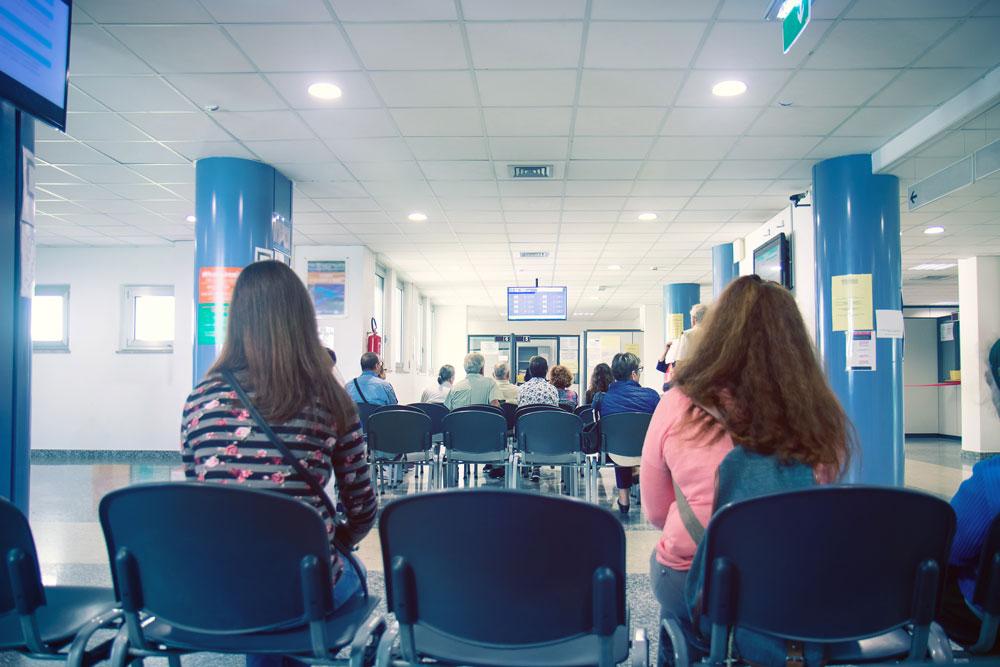With almost two thirds of the NHS dependent on NHS Shared Business Services (NHS SBS) to pay their employees, manage their finance and IT systems, or help them purchase goods and services, supporting NHS organisations on the frontline of the battle against COVID-19 has become more important than ever. Providing the essential non-clinical services that keep the NHS moving - whilst also enabling home-working for almost every UK employee - is an entirely unique challenge.
Just three weeks since the Prime Minister's first of what are now daily televised briefings, the country has been reminded of just how important the NHS is. As doctors, nurses and other clinicians work tirelessly to provide world-class patient care, an army of NHS employees has also been working behind-the-scenes to support them.
Accountants, payroll clerks, procurement specialists and IT support staff. These are just some of the professionals working hard to keep the wheels turning for NHS providers and commissioners up and down the country.
And the 1,500 employees at NHS SBS are no exception.
While transitioning almost 100 per cent of its UK workforce to home-working within less than two weeks, NHS SBS has continued to process weekly and monthly payrolls for almost 400,000 NHS employees at 90 different NHS organisations, with minimal interruption to its usual service.
This included thousands of new and returning members of NHS staff from retirement. In just one week, the NHS SBS team facilitated £1 million of urgent salary payments to these additional NHS workers.
Working from home, NHS SBS teams - in the last week alone - have sent out 25,000 purchase orders to NHS suppliers, ensuring goods and services continue to be delivered to the NHS organisations that need them.
In the same time, almost 88,000 invoices have been paid, including £642 million reaching organisations that are helping the NHS to provide services, and £250 million has been collected and receipted on behalf of NHS organisations, helping cash flow to enable the purchase of valuable equipment and additional staffing.
By facilitating a major change to NHS funding meanwhile, the team at NHS SBS has helped NHS England and NHS Improvement move a massive £20 billion around the NHS to where it is needed.
In the East of England, NHS SBS experts have worked with two NHS trusts to increase their remote working capability, up from an average of 400 employees a day to 1,500 NHS workers supported to work at home - with this number expected to rise again in the coming weeks.
And, after beginning the roll-out of The Edge4Health -a new cloud-based, consumer-style marketplace where NHS organisations can buy goods and services - earlier this year, NHS SBS has made the platform immediately available to around 60 additional NHS organisations.
It means that despite not being able to transact via the platform for now, these NHS trusts can use The Edge4Health as a shop window to around 500 suppliers to find available products they desperately need.
David Morris, NHS SBS Managing Director, said: "Our top priority since the outbreak of COVID-19 has been to safeguard our own workforce, whilst ensuring that NHS employees are paid, orders are processed, NHS suppliers are paid, and that cash continues to move around the NHS. Maintaining the level of support the NHS needs, whilst enabling home-working on such a large scale, has required a monumental effort. By the 1 April, our IT team had ensured that an additional 750 NHS SBS employees were able to work from home safely and securely.
"What has really impressed me is the absolute commitment of our teams to help our NHS colleagues in whatever way we can. We are very much part of the NHS family and it's clear just how much all of us want to support those working on the frontline. Whilst some of what we have classified as non-urgent activity has been affected, we've worked closely with NHS England and NHS Improvement to ensure that business-critical services remain in place - helping minimise disruption for hospitals and other NHS organisations at this critical time."





